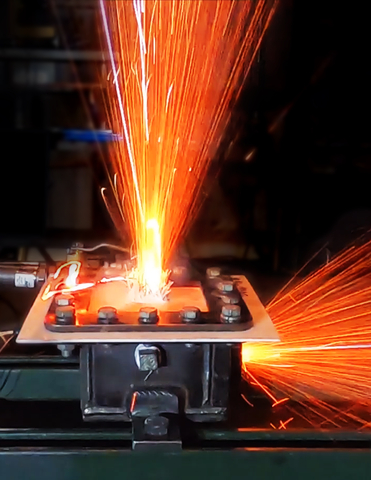UL Solutions Opens Battery Enclosure Material Screening Laboratory in Japan, Helping Advance EV Battery Safety
The new UL Solutions laboratory in Ise, Mie,

UL Solutions opened a new battery enclosure material screening laboratory in Ise, Mie,
Battery enclosures help protect EV occupants, and the materials the enclosures are made of play a critical safety role in case of a battery fire or what is known as a thermal runaway event. As the second UL Solutions facility with BEMS testing capabilities, following the company’s headquarters in
“Manufacturers in the automotive industry are investing in researching and developing lighter batteries to extend electric vehicle range and stay competitive while keeping occupant safety at the forefront,” said Hidehiko Yamajo, regional vice president of
EV batteries typically cover the entire base of a vehicle. Materials used to house these batteries must be tested to determine their ability to withstand thermal runaway stresses. Thermal runaway is a chain reaction that can occur in lithium-ion batteries when the internal temperature of a battery cell reaches a critical level. It can produce fire, smoke and extremely high temperatures. UL Solutions BEMS offerings evaluate the performance of battery enclosure materials in a thermal runaway event, outlined under UL 2596, the Standard for Test Method for Thermal and Mechanical Performance of Battery Enclosure Materials.
The new UL Solutions BEMS laboratory is expected to help the automotive industry protect EV occupants with capabilities to conduct UL Solutions Battery Enclosure Thermal Runaway (BETR) evaluations and employ the UL Solutions Torch and Grit (TaG) test method.
- BETR evaluates material performance by simulating a thermal runaway scenario. The evaluations entail testing material plaques versus the entire battery assembly using lithium-ion battery cells (18650 type), reducing testing costs and development time for resin manufacturers and material suppliers.
- TaG incorporates small-scale testing and simulates high temperatures and mechanical impact stresses in a battery thermal runaway event, and ranks materials for battery enclosures.
The opening of this new testing facility in Ise is part of UL Solutions’ expansion of its mobility and new energy technology facilities in
Learn more about UL Solutions battery enclosure material screening services.
About UL Solutions
A global leader in applied safety science, UL Solutions (NYSE: ULS) transforms safety, security and sustainability challenges into opportunities for customers in more than 100 countries. UL Solutions delivers testing, inspection and certification services, together with software products and advisory offerings, that support our customers’ product innovation and business growth. The UL Mark serves as a recognized symbol of trust in our customers’ products and reflects an unwavering commitment to advancing our safety mission. We help our customers innovate, launch new products and services, navigate global markets and complex supply chains, and grow sustainably and responsibly into the future. Our science is your advantage.
View source version on businesswire.com: https://www.businesswire.com/news/home/20240417122881/en/
Tyler Khan
UL Solutions
ULNews@UL.com
T: +1 (847) 664.2139
Steven Brewster
UL Solutions
ULNews@UL.com
T: +1 (847) 664.8425
Source: UL Solutions







